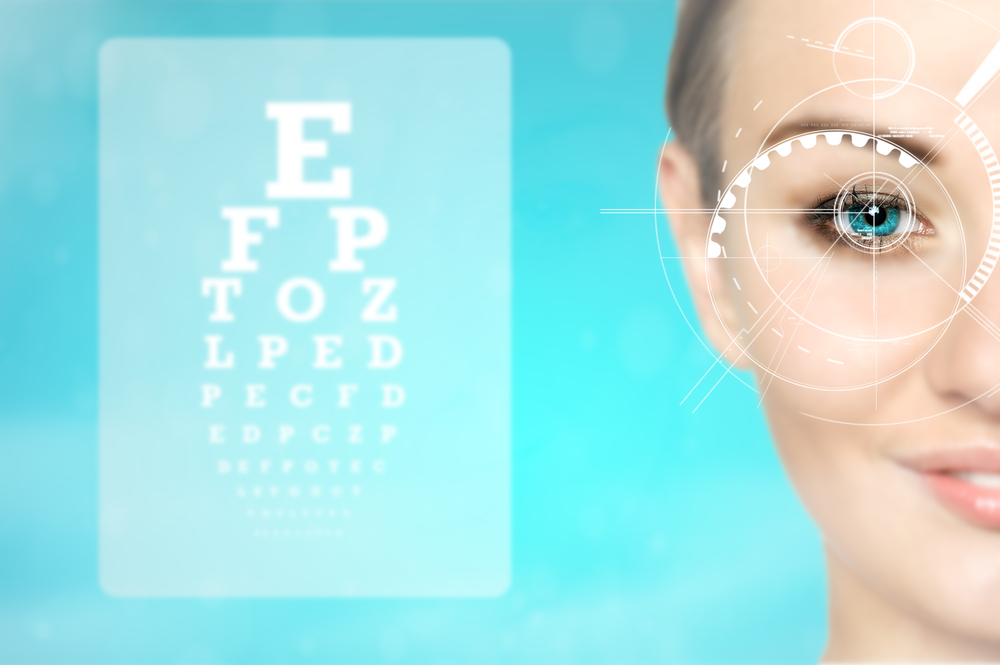
When scheduling your next visit to the eye doctor, you may notice two types of appointments: a regular eye exam and a contact lens exam. While they may seem similar, these exams serve different purposes and offer unique benefits depending on your vision needs. Knowing the difference between the two can help you make informed decisions about your eye health and ensure you get the right care.
What Is a Comprehensive Eye Exam?
A comprehensive eye exam is designed to assess your overall eye health and vision. During this visit, your optometrist will evaluate your vision through a series of tests to determine whether you need glasses or if your prescription has changed. These tests are essential for identifying any changes in your eyesight and ensuring you have the sharpest vision possible.
In addition to checking your vision, your eye doctor will examine the health of your eyes, screening for conditions such as glaucoma, cataracts, macular degeneration, and diabetic retinopathy. These evaluations help detect potential issues early, often before you notice any symptoms.
Your optometrist will also check your eye alignment, assess eye movement, and observe how your pupils respond to light. Finally, they’ll review your medical history and discuss any vision concerns you may have.
Regular eye exams are recommended for everyone (even those who don’t wear glasses or contacts) because many eye diseases can develop without any early warning signs. Early detection through routine exams is key to protecting your long-term eye health.
What Is a Contact Lens Exam?
If you wear contact lenses or are considering them, you’ll need a contact lens exam in addition to your regular eye exam. Contact lenses require a precise fit and ongoing care to protect your eye health. During a contact lens exam, your optometrist will:
Perform all components of a regular eye exam
Measure the shape and size of your cornea to determine the best contact lens fit
Assess your tear film to ensure your eyes can comfortably support contact lenses
Discuss your lifestyle, preferences, and specific vision needs to recommend the best type of lenses - whether daily, bi-weekly, monthly, toric, or multifocal
Provide a trial pair of lenses and follow up to ensure proper fit and comfort
Offer instructions on lens insertion, removal, and care if you’re new to contacts
Why the Distinction Matters
Contact lenses sit directly on your eyes, so it’s essential to ensure they fit properly and don’t cause damage or discomfort. An ill-fitting contact lens can lead to irritation, infections, or even long-term eye health issues. That’s why a contact lens exam involves additional testing and measurements beyond those of a regular eye exam.
Can I Combine Both Exams?
Yes! Many patients choose to schedule both exams during the same appointment. If you wear contact lenses or are considering them, let us know when booking your visit so we can provide the most comprehensive care possible.
Take the Next Step Toward Clear Vision
Routine eye exams and contact lens exams both play vital roles in protecting your vision and eye health, but they serve distinct purposes. If you wear contact lenses or are interested in trying them, a specialized contact lens exam ensures the best fit and comfort for your eyes. Meanwhile, regular eye exams are essential for detecting changes in your vision and maintaining long-term eye health.
Ready to schedule your next eye exam or contact lens fitting? Contact Vicle Eye Care to book your appointment and keep your eyes healthy and your vision clear. Visit our office in Dania Beach, Florida, or call (305) 935-4606 today.




